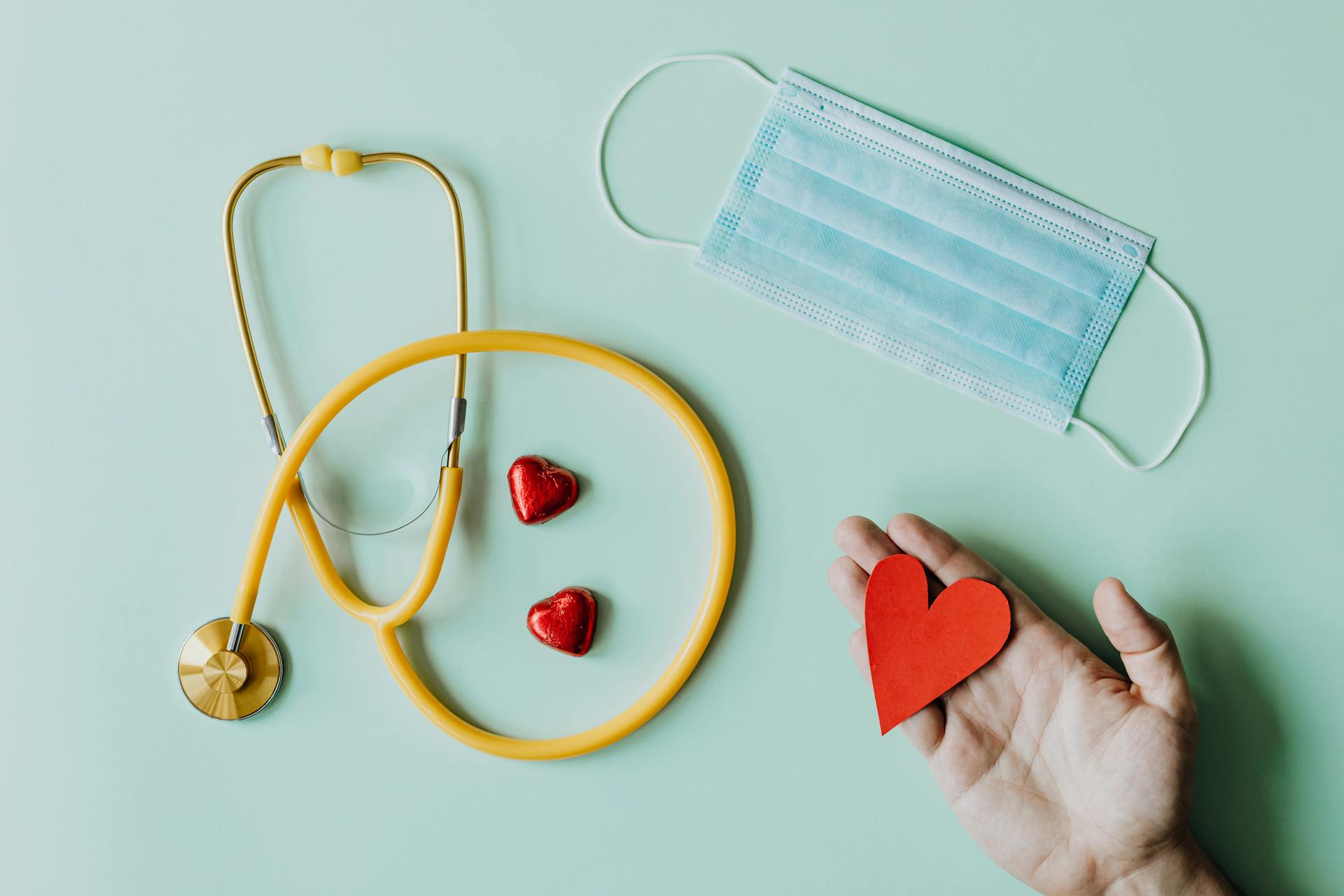
Donating eggs is an incredibly generous and selfless act that can greatly benefit those in need of treatment and families looking to have children. There is no doubt that the process of donating eggs does involve procedures and some discomfort, but overall it’s very manageable for most people who are considering donation.
The process begins with a screening procedure, which usually involves consent forms, blood tests and an interview with a counsellor. Once selected, donors will receive daily hormone injections during their cycle to prepare them for the harvesting process. While side effects are possible during this portion of egg donation like headaches, irritability or bloating - they tend to be fairly mild compared to the discomfort during retrieval itself.
The egg harvesting procedure itself typically takes place at a clinic or hospital under general anesthesia so that the donor will remain comfortable throughout the procedure. During this time follicles and eggs will be retrieved via ultrasound guidance through increased pressure on vaginal walls. Most donors experience some level of cramping and pressure before receiving anesthesia; however, any pain should immediately pass once asleep for Harvesting Begins lasting generally less than 15-30 minutes start to finish. Many recipients report feeling soreness afterwards from the physical sensation of extraction which can last upwards of 12 hours post-procedure but again these instances tend not be more than mild degrees soreness.. Self care like pain medication rest ice & compression can help manage these symptoms shorter period time.
Overall donating eggs may cause some level of physical discomfort from hormones injections stimulation & extraction doesn’t generallyLast long yet doing so provides immense opportunity, not only helping those create family quality life needed unconditional love real parent provide Every done recipient changed forever need appreciate thank access medical treatments warmly celebrates amazing gesture bravery efforts Our society benefits sharing Joy always found giving back ripple effect lifetime truly amazing gift given own special way donate egg worth million words valuable treasure deserve rewards recognition all takes part creating bring joy world meaningful ways courage heart … Especially donors!
Explore further: Donating Eggs
Are the risks associated with egg donation serious?
The question of whether or not the risks associated with egg donation are serious is one that has been getting a lot of attention lately. Egg donation is growing in popularity as a way to build families, but with any medical procedure there are potential risks involved. It's important to understand those potential risks before making a decision about egg donation.
The process of egg donation itself involves surgically retrieving eggs from the donor’s ovaries and transferring them into another woman’s uterus so she can become pregnant. While this procedure does carry some risk, such as general anesthetic complications, it is generally considered to be very safe and successful for both parties if done correctly by experienced professionals.
However, there are other potential liabilities for both the intended parents and donors alike that should also be taken into consideration when deciding if this type of reproductive option is right for you. These include: psychological stress due to donor identity exposure; physical health implications due to anesthesia use or drugs used during hormone stimulation; possible legal issues if paternity or maternity needs clarification; fears related to adoption that could arise after birth; disagreement between donor-intended parents on embryo disposition (destroyed or donated/given away); complications arising from donating eggs multiple times; and financial costs associated with not only compensation but also special expenses like lost wages incurred during egg retrieval procedures, etc., which may come out of pocket for the donor if uncovered by insurance preexisting prior agreement between parties involved).
For these reasons it’s important that any women considering egg donation take time to fully consider all risks beforehand so they can make an informed decision regarding their health and future fertility needs before proceeding. The best thing any potential hopeful parent can do is arm themselves with knowledge about the process through research, communication with medical professionals and speaking openly about their paths towards parenthood in order build personal comfort level at each step along the way towards success!
If this caught your attention, see: Egg Donor
Does egg donation take a long time to complete?
Egg donation can take a variety of amounts of time depending on the individual situation. The amount of time it takes for an egg donor to be approved and to then donate her eggs can range from several months to over a year. It’s important that all parties involved in the process are thoroughly evaluated, educated, and prepared for what is involved in donation.
The egg donor screening process typically takes three months or more but this may vary. This includes completing an initial application, providing references, undergoing regular evaluation visits with specialized physicians including a gynecologist, providing detailed health history and participating in counseling sessions with a mental health professional. During this period tests are completed to ensure that the donors eggs are safe to use for IVF procedures such as infectious disease screening, baseline hormone testing and genetic screening if necessary.
Once the screening process is completed it’s likely that there will be a further waiting period because most programs work with multiple donors at any given time so it may be weeks before your egg donor is chosen by intended parents or fertility clinics. Usually after this point it only takes about two weeks from administering hormones until harvesting eggs from the ovaries through minor outpatient surgery takes place at a hospital or clinic.. The total amount of time spent donating eggs varies per donor but typically ranges between four months up one year or longer depending on personal commitment level and circumstances associated with each cycle along with various other factors considered by fertility clinics/agencies prior processing donations cycle as mentioned above
Overall egg donation can take variable amounts of times depending on circumstances however one thing is certain: there are risks involved in every step of medical procedure an assessment which explains why having qualified professionals conduct screenings play s critical role when determining eligibility. It's important understand how long these types processes considerations before committing serious consideration into donating if you were asked do so.
You might like: How Much Just Egg for One Egg?
How successful is the egg donation process?
Egg donation is a medical process used by couples struggling with infertility or women who cannot biologically have a child due to certain medical conditions. The egg donation process has become increasingly successful over the past decade, and there are now many families who have successfully added children to their families through egg donors.
When considering the overall success rate of an egg donation cycle, there are several factors that need to be taken into consideration such as the age and health of both the donor and recipient, how often eggs are retrieved from donors, how many embryos transfer occur during an IVF cycle, etc. Generally speaking, most studies report success rates between 40-50%, depending on these various factors.
When looking specifically at donor fertility rate, studies show that young donors aged 18-29 yield better results than those aged over 30 since their eggs tend to be healthier in terms of genetic quality and quantity. Additionally, it’s important to ensure that both the donor and recipient undergo thorough medical screenings prior to beginning any fertilization procedure in order to minimize potential risks associated with egg donation cycles such as chromosomal abnormalities or transmission of infections.
Overall, egg donations provide hope for couples struggling with infertility issues or women without viable options for having biological children and have become an increasingly successful endeavor for families looking for alternatives when it comes to parenthood.
Consider reading: Donor Eggs Cost
What is the average compensation for egg donation?
If you are considering donating your eggs to an egg donor program, you may be wondering what the average compensation amount is. The answer is simple: it depends.
No two egg donation programs are alike, and the amount of compensation can vary significantly depending on a variety of factors including the size and experience of the program, how many eggs are being donated at once, and how long each donation process takes. In addition, some programs pay base amounts plus bonuses or incentives that depend on additional criteria such as educational background or medical history.
Generally speaking however, most donors earn anywhere from $8,000 - $20,000 for their service—although some donors receive even more than this in annual compensation! To maximize your earnings potential you should investigate different fertility centers to get an understanding of their specific payment structures before committing to any single donor program. Overall however one can assume that becoming an egg donor is not only rewarding but could also offer them great financial potential as well!
Featured Images: pexels.com


